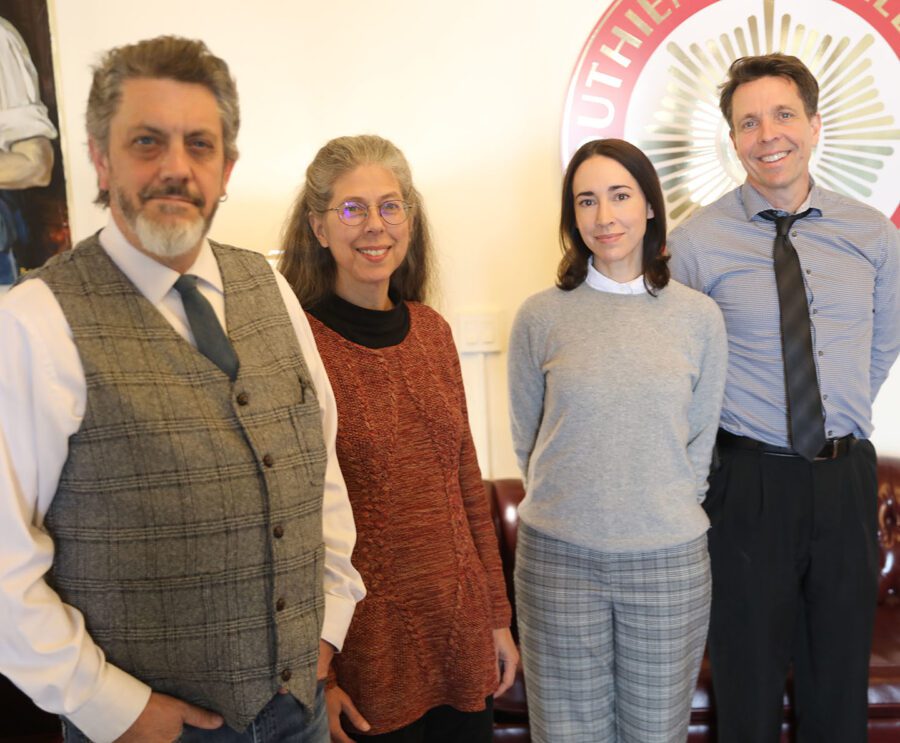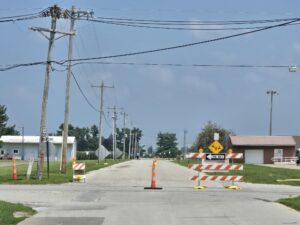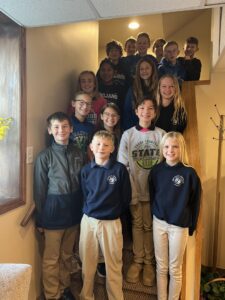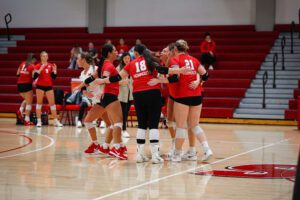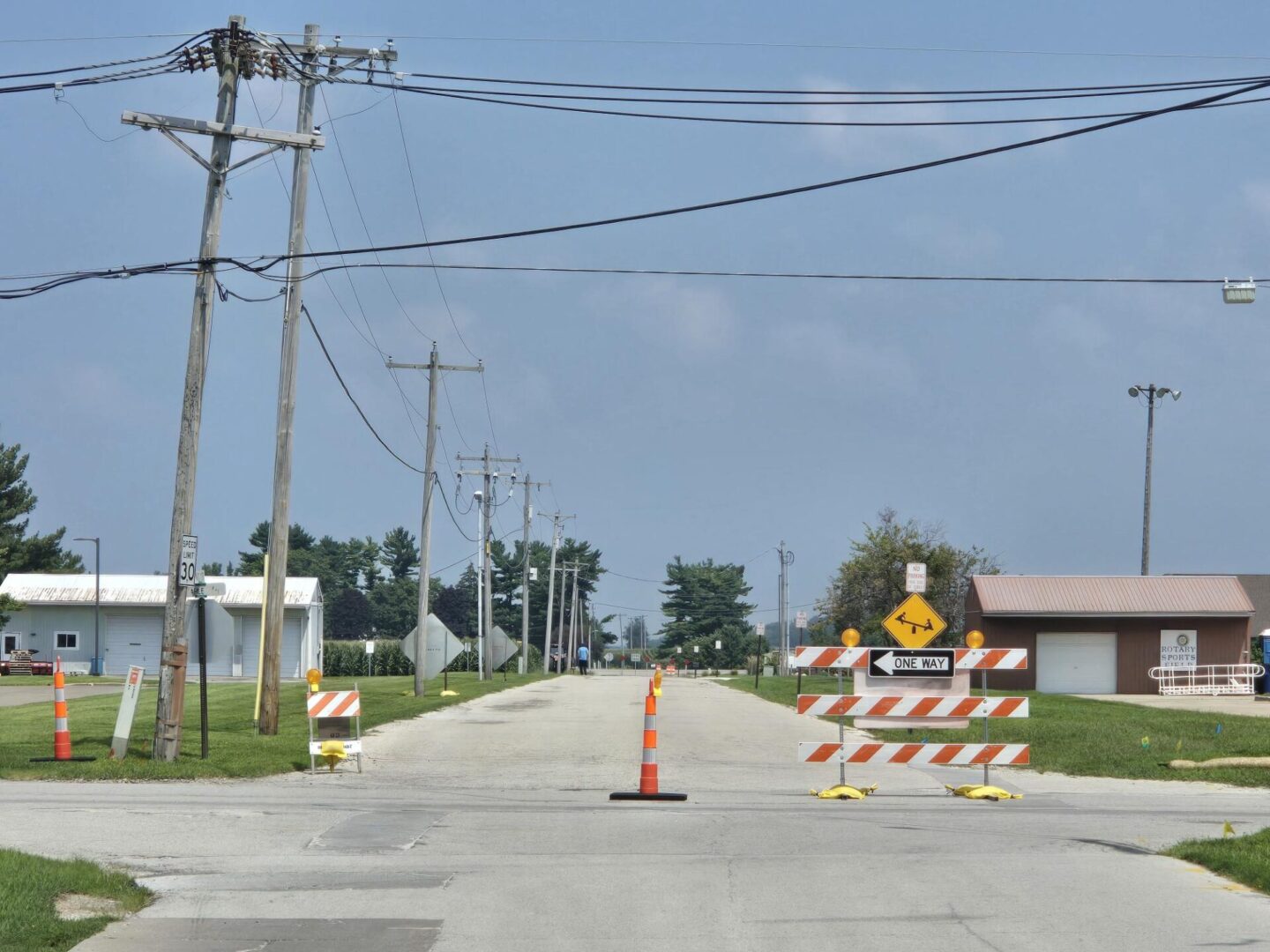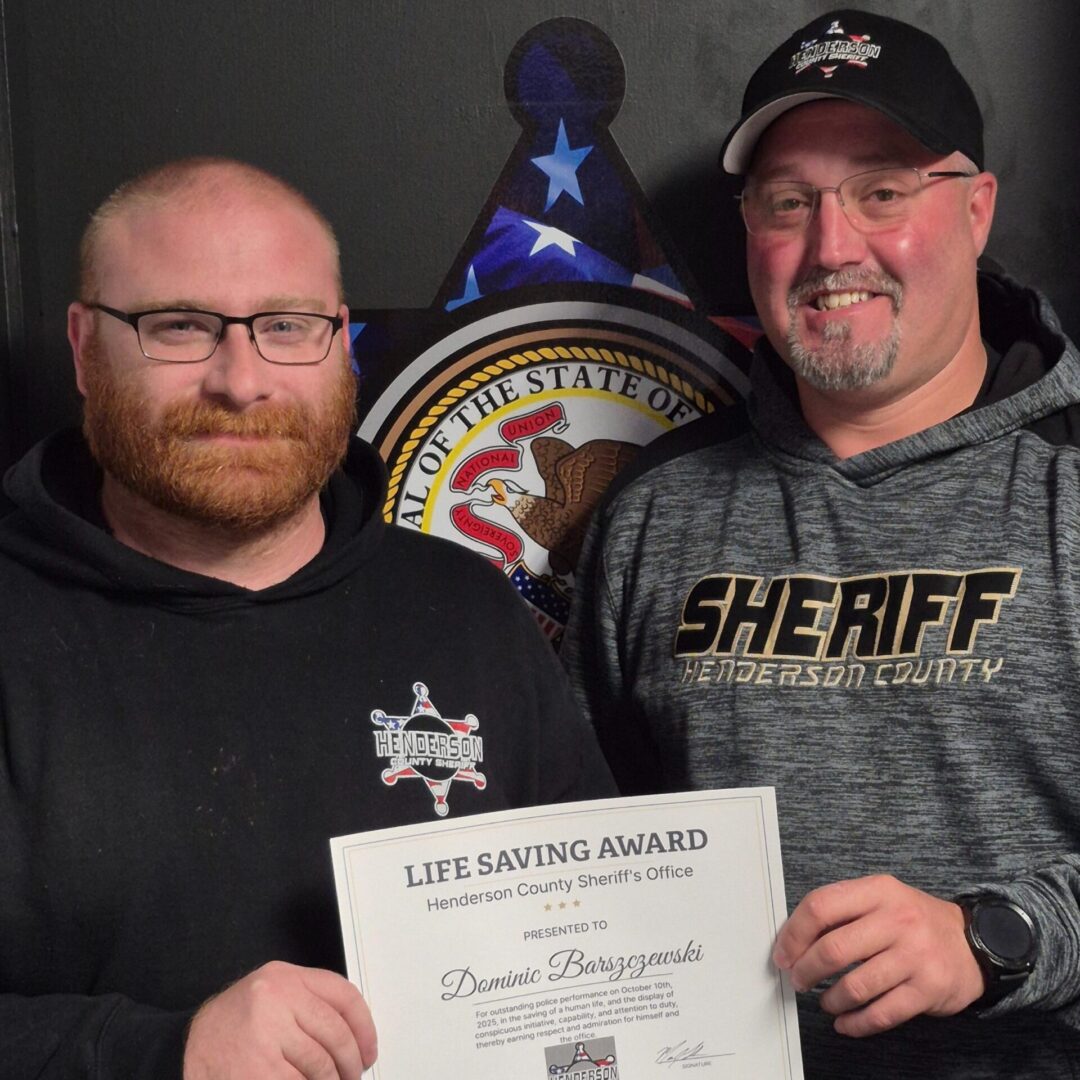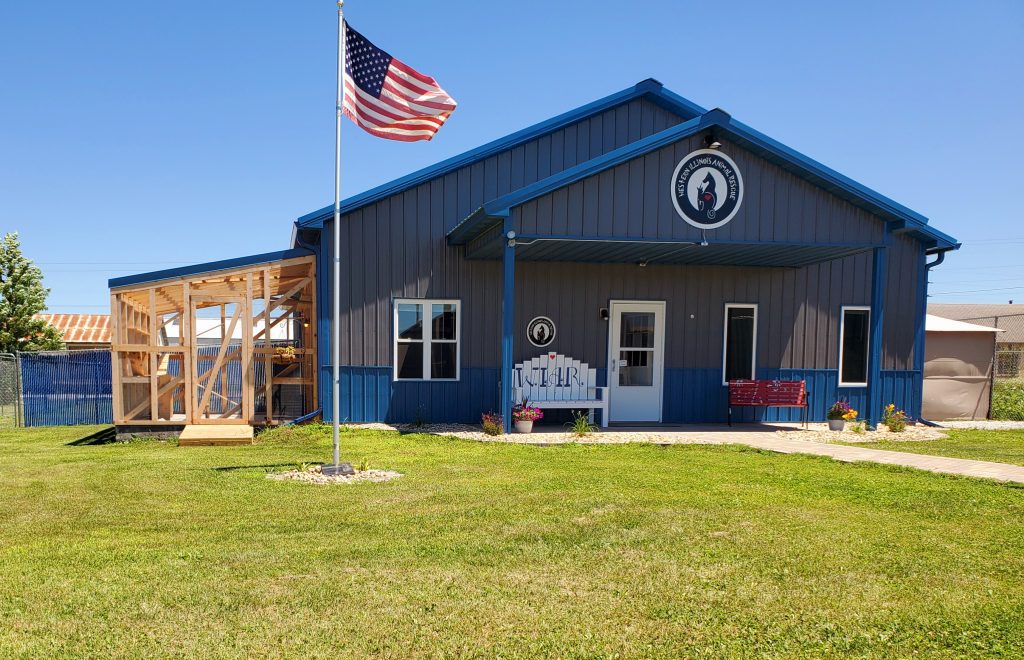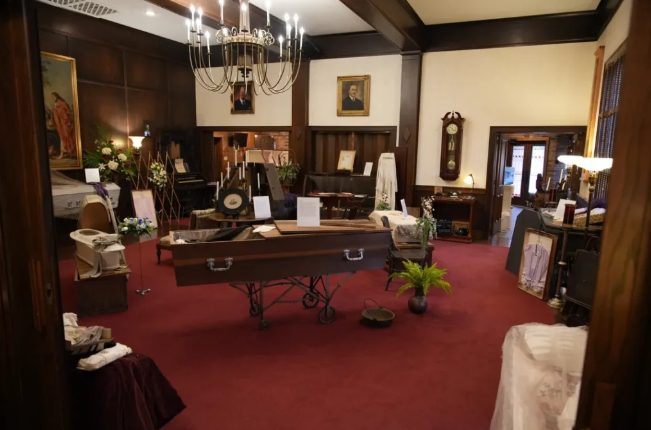Monmouth College has been awarded a $149,965 grant from the National Endowment for the Humanities to fund a three-year history project about west central Illinois.
“This place-based curricula project will be unique by moving beyond the study of a particular place to examine the ways in which both displacement and replacement are affected by and in turn shape a sense of place,” said English professor David Wright, the project’s director.
Part of the grant’s funding will help Monmouth students conduct research with faculty members and conduct interviews with community members who have moved to Monmouth from other nations.
The grant to the College is part of a larger $33.8 million in grants the NEH announced earlier this month for 260 humanities projects across the country. Within its Human Initiatives Grants, $4.1 million was awarded to 28 applicants. The goal of Human Initiatives Grants is to strengthen the teaching and study of the humanities in higher education through the development or enhancement of humanities programs, courses and resources.
Chair of the English department, Wright was one of four Monmouth faculty involved with the successful NEH proposal, which is titled “Resituating the Humanities in Place-Based Learning.” The rest of the project team that submitted the proposal last May included two other department chairs – Anne Mamary from philosophy and religious studies and Bob Simmons from classics – as well as history professor Valerie Deisinger.
“We seek to more deeply explore how both humanities scholarship and teaching can take seriously our responsibilities to the places and communities we inhabit,” said Wright. “We’re very excited to see the humanities at Monmouth College receive such direct support. It’s an exciting time ahead.”
Project overview
The professors wrote in the grant application that the city of Monmouth “provides an ideal setting in which to undertake such a study of displacement and replacement, due to its large immigrant population.” More than 11% of Monmouth’s population was born outside of the United States, according to the U.S. Census Bureau. Western Illinois was also once the home of several Native American tribes.
“The cultural legacy of this area – and the institution – is one where, on one hand, the current sense of place only took root due to the displacement of a prior community and, on the other hand, a constant funnel of relocated people have contributed to an evolving sense of what defines this place,” reads the proposal.
Simmons said the project’s focus on the humanities is one of its strengths.
“One of the things that makes this a humanities project is that it approaches our subjects – place, displacement, replacement – based on many specifics of this area, but not only on those,” said Simmons. “It also considers the local stories as reflections of more universal ones, with literary, historical and philosophical themes that are apparent from as far back as the ancient world.”
The Monmouth faculty plan a series of initiatives that include the creation of a digital repository of humanities-based artifacts about place, displacement and replacement; the creation of a place-based module for use in the College’s first-year seminar; several curricular design projects; and a series of faculty workshops focused on the integration of those themes into the College’s broader curriculum.
“This project will help students to see how exploration through the lens of the humanities can help them to contextualize interesting inquiries in the present and nearby in terms that stretch across times, places and peoples,” said Simmons.
Wright said: “Additionally, this grant fits with Monmouth College’s ‘Mission & Values,’ where we commit to ‘steward the place and legacy entrusted to us.'”
Created in 1965 as an independent federal agency, the National Endowment for the Humanities supports research and learning in history, literature, philosophy and other areas of the humanities by funding selected, peer-reviewed proposals from around the nation. Additional information about the National Endowment for the Humanities and its grant programs is available at neh.gov.
***Courtesy of Barry McNamara, Monmouth College***


